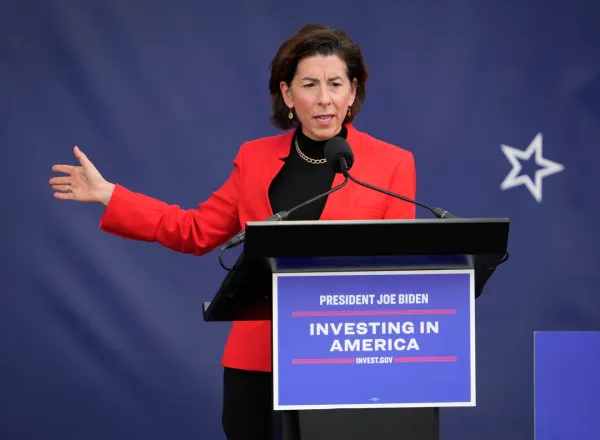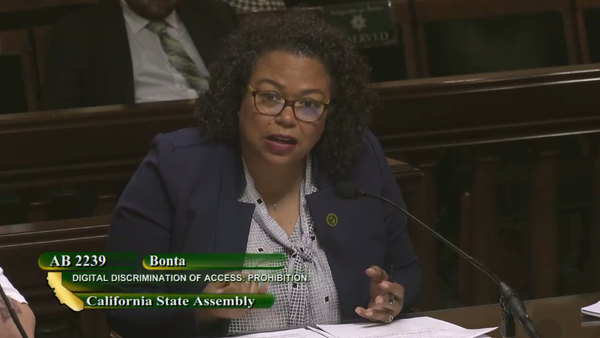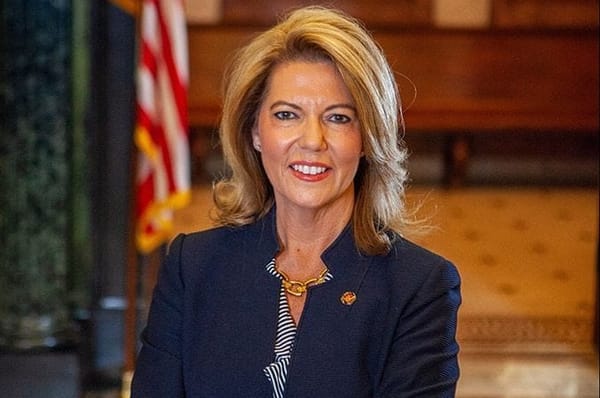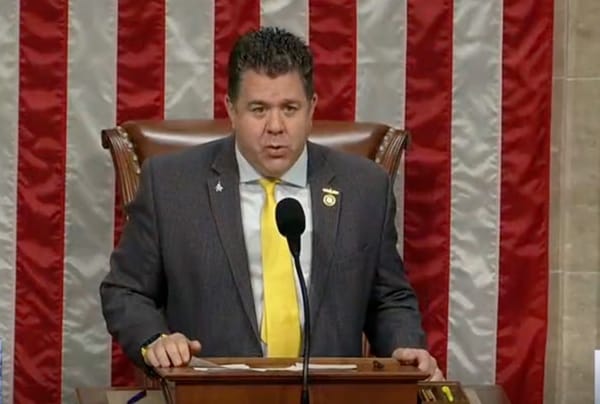Frontier CEO: Broadband Access is Critical for Rural Economy
WASHINGTON, February 16, 2009 – The CEO of Frontier Communications, America’s second largest rural telecommunications, provider told state utility commissioners Monday that quality broadband internet service is the key to shoring up a rapidly evolving rural economy.
WASHINGTON, February 16, 2009 – The CEO of Frontier Communications, America’s second largest rural telecommunications, provider told state utility commissioners Monday that quality broadband internet service is the key to shoring up a rapidly evolving rural economy.
Frontier Communications chairman and CEO Maggie Wilderotter addressed the growing demand for advanced services in rural Americans during a keynote presentation to the National Association of Regulatory Utility Commissioners committee on telecommunications.
Frontier, provides telephone, television, broadband and wireless services to some 2.4 million customers, and is for many the only option for those services, Wilderotter said. From her company’s vantage point, it is easy to comprehend the importance of “full, fair, and affordable communications… to the unserved and the underserved, ” Wilderotter said.
Wilderotter explained that rather than farming, most rural Americans own or work for small businesses. And those small businesses “deserve better” than what many telecommunications companies have offered them, Wilderotter said.
The rural economy can best be strengthened by bridging the digital divide, Wilderotter said. Rural customers don’t want broadband service just for watching videos, she explained, but instead need it “for commerce and education – and creating and finding jobs.”
Improved broadband service let rural consumers and businesses compete on an equal plane with urban America by “overcoming the friction of distance,” she said, citing a quote by University of Maryland professor James Gimpal.
Rural consumers are just as eager for to make full use of broadband once they get a taste of its capabilities, she said. She described Frontier’s initiative offering a free computer to new broadband customers – the first of its kind in the telecommunications industry, Wilderotter said.
Those new customers’ usage of broadband has grown 100 percent over each year they have it, she said.
But even with Frontier’s efforts, Wilderotter lamented the fact extending service to the final 10 percent of customers in its footprint is still not economically feasible. “If you choose to live in rural America…you should have the same [access to high speed internet service] as anyone else,” she said.
And while Wilderotter welcomed the possibility of obtaining some of the $7.2 billion set aside for broadband in order to build out to that last 10 percent of the population, she said Frontier isn’t standing still. “We aren’t waiting for the stimulus package to do it now and do it the right way.”
Wilderotter called for an overhaul of the Universal Service Fund system – which she said is regularly abused by larger providers at the expense of those who need it.
Frontier’s share of USF-based funding dropped to five percent in 2008, she said, while “other providers benefit from loopholes in the funding process.”
Companies like Frontier that reach households other companies won’t even try to serve should receive an appropriate amount of USF dollars, she said. “Those who serve rural America need the funding that will allow us to continue to expand broadband service and capacity.”
With a new administration poised to appoint two new FCC commissioners, Wilderotter was confident that the state regulators – whom she praised as being “more innovative and responsive” than their federal counterparts – would step up to the plate: “I’m confident you won’t leave rural America behind.”







